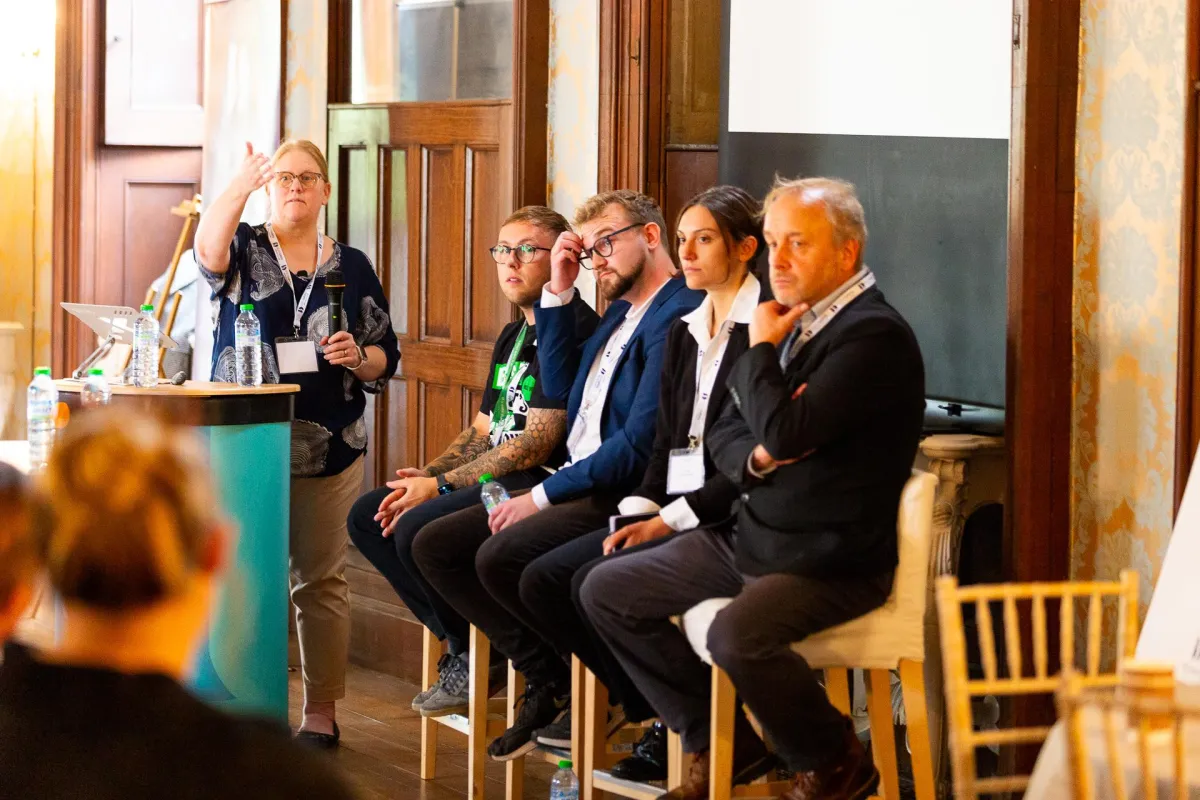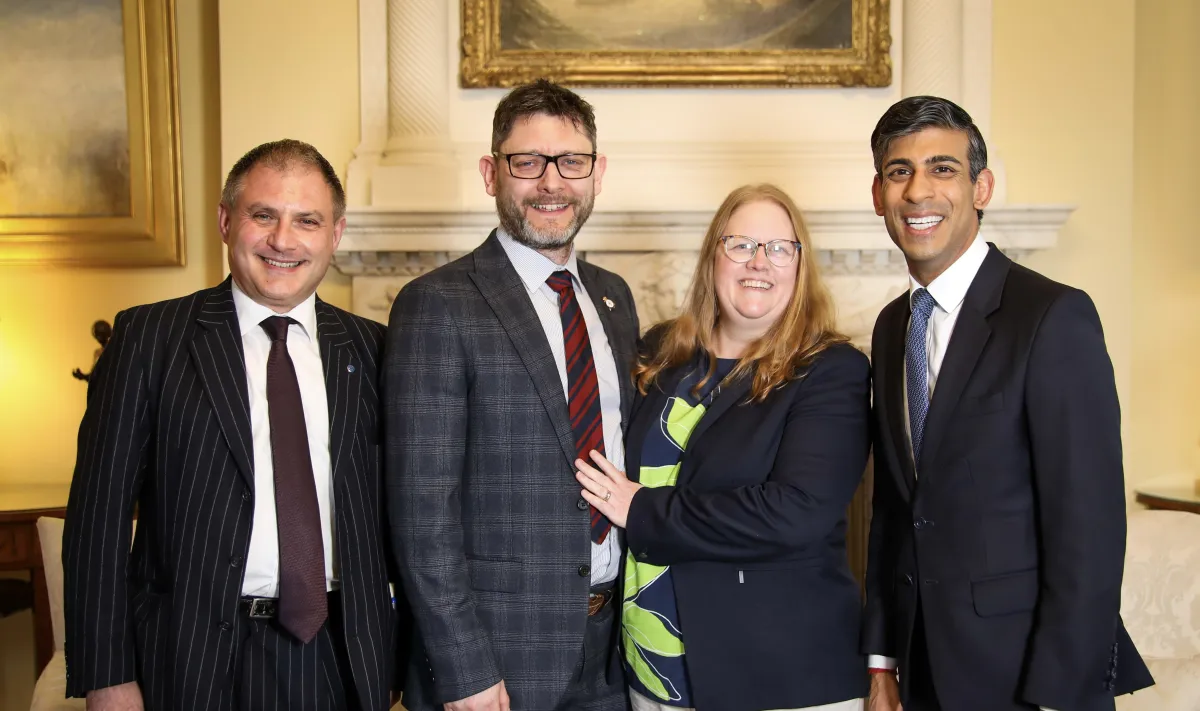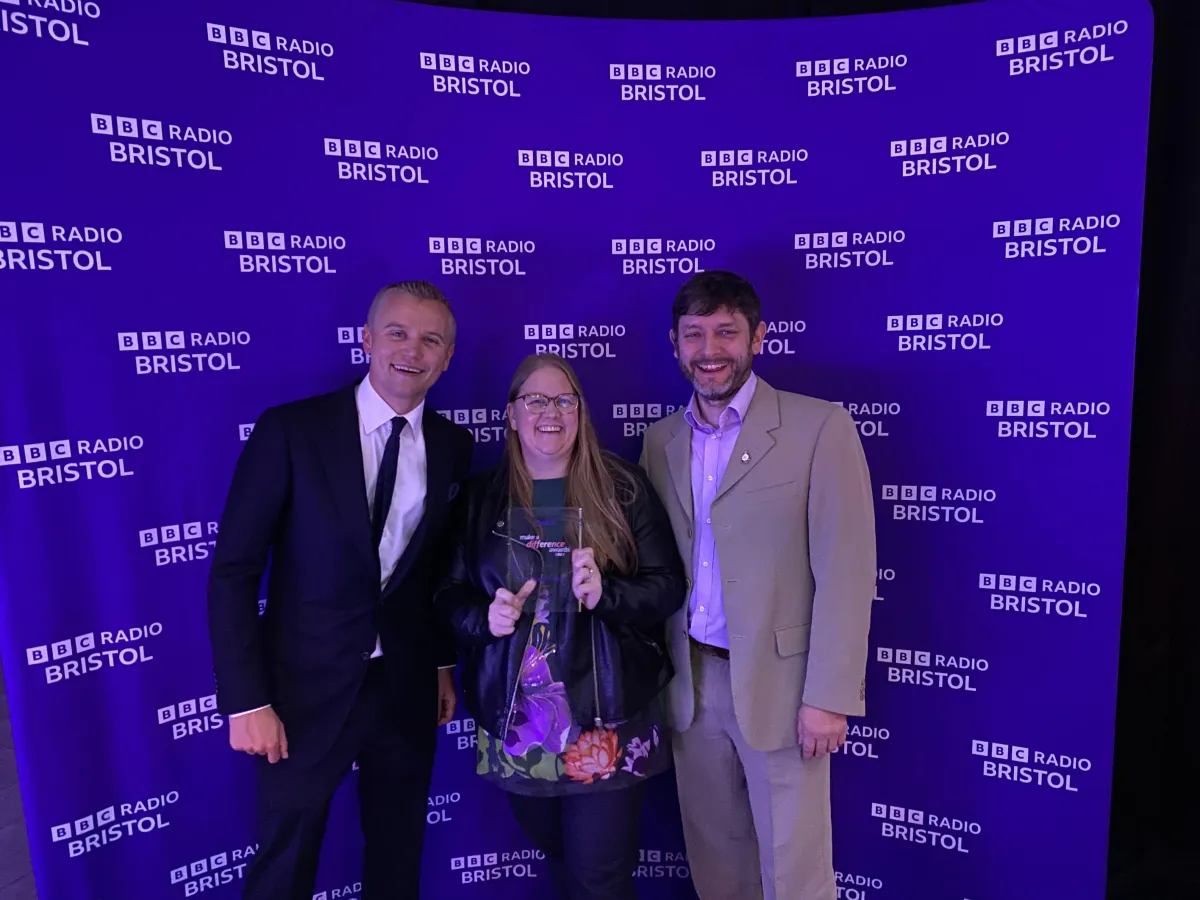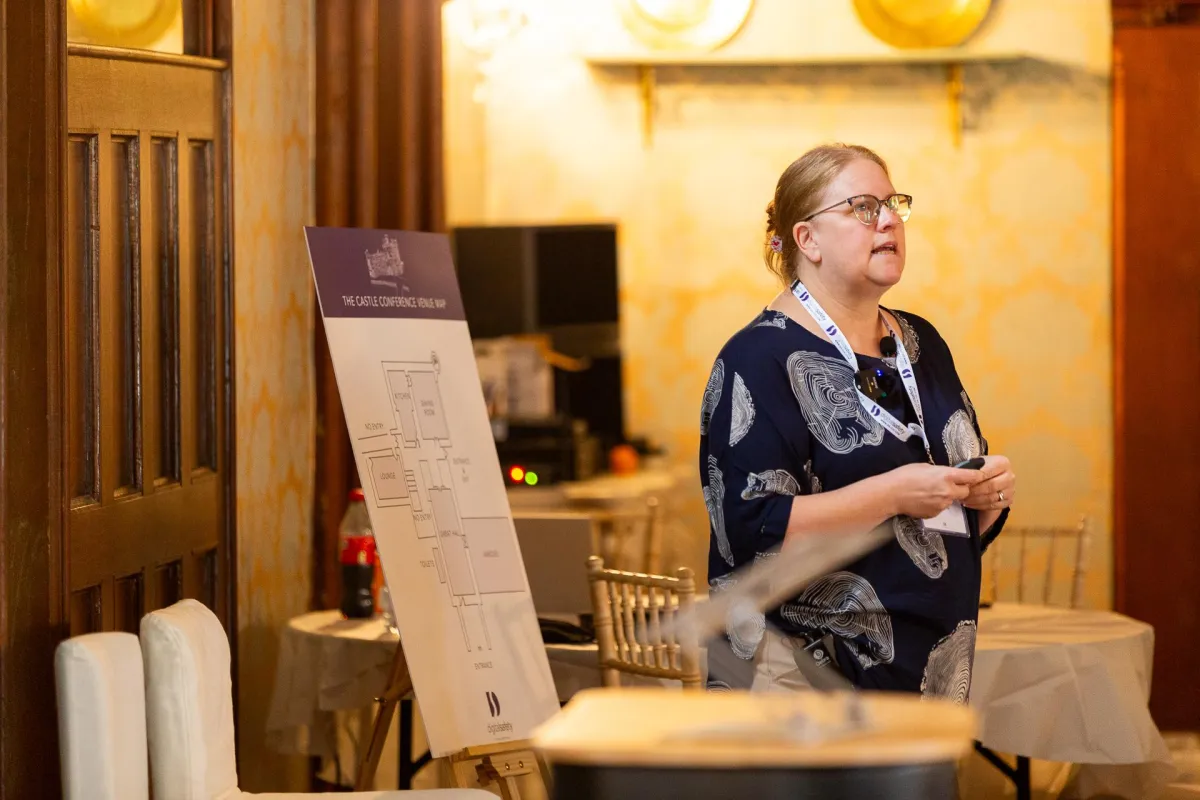
Lucy Smith
Speaker, Facilitator, Compare
Inspiring audiences & making a difference
Neurodiversity | Managing Change | Resilience
Life Stories | Social Enterprise
Authentic storytelling that makes a difference
Hi, I am Lucy!
Some people call me the "pocket rocket". I think that is because I have passion and energy to bring out the best in an audience.
I have been working with audiences for almost 25 years in many guises - Lecturer, radio presenter, drama teacher, children's entertainer (I have been a professional fairy) facilitator, compare and speaker.
As a speaker I believe there has to be some substance behind us and I sure have that too. Not being able to settle and always saying "YES" to opportunities has led to a whole lot of experience that informs my work and my presentations.
At my core I am a purpose led social entrepreneur who loves to start a conversation about topics that matter.
I start those conversations with stories some that will surprise and some that will inspire. I talk about some difficult stuff and combine my unique expertise and knowledge.
Relatable, authentic and thought provoking
Lucy x

Neurodiversity
What is your perspective?
I come from a range of different perspectives when I talk about neurodiversity. From pedagogy, organisation development and leadership, research, personal and family and real lived experience. With a a strengths based approach I talk positively and with passion about change and neurodiversity in work, school and community.
I engage audiences to get them thinking and start conversations that will make and does make a lasting difference.
Change Management
Let me meet you at your
bus-stop
In the world of change management, it's not about imposing a new route; it's about understanding where you're starting from.
I have spent a decade working with senior leaders in transformational change where I have learned that change is often an individual journey and we will all join that journey from a different bus-stop.
I combine theory with reality and always have an eye on the future.
Life Stories
The secret change agent
A wealth of stories based on real lived experience with plenty of lessons for the future. Spilling some my secrets on here would be giving away some of my best work which you will want to hear straight from the source.
Oh, okay, let's just say I can talk about resilience, royalty, and some really fun stuff from a career in international law enforcement,
Social Enterprise
Making a difference - the torch that lights the stars
Lighting people up to make sustainable change happen is a big part of what I do. From setting up a community radio station to developing an innovative and groundbreaking conference around digital wellbeing and young people.
I talk the talk and walk the walk when it comes to social enterprise, from grass roots to engagement at the highest levels right up to Downing Street.
What do other people say?
Don't take it from me, here is what others say about working with me.
Listen online
Podcasts, interviews and YouTube
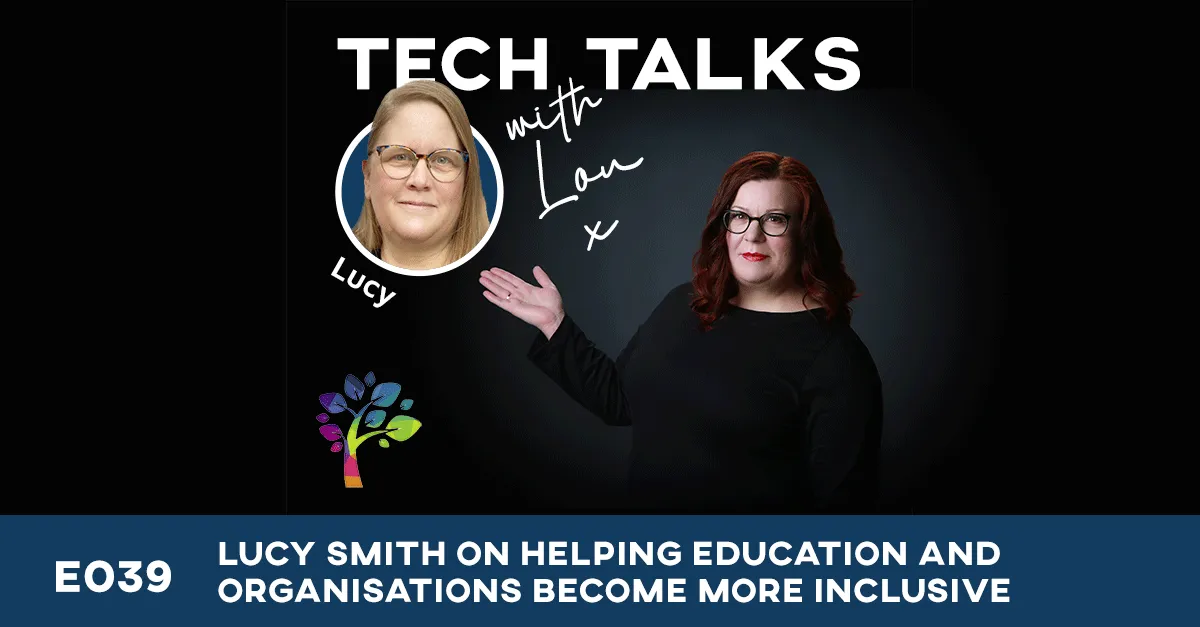
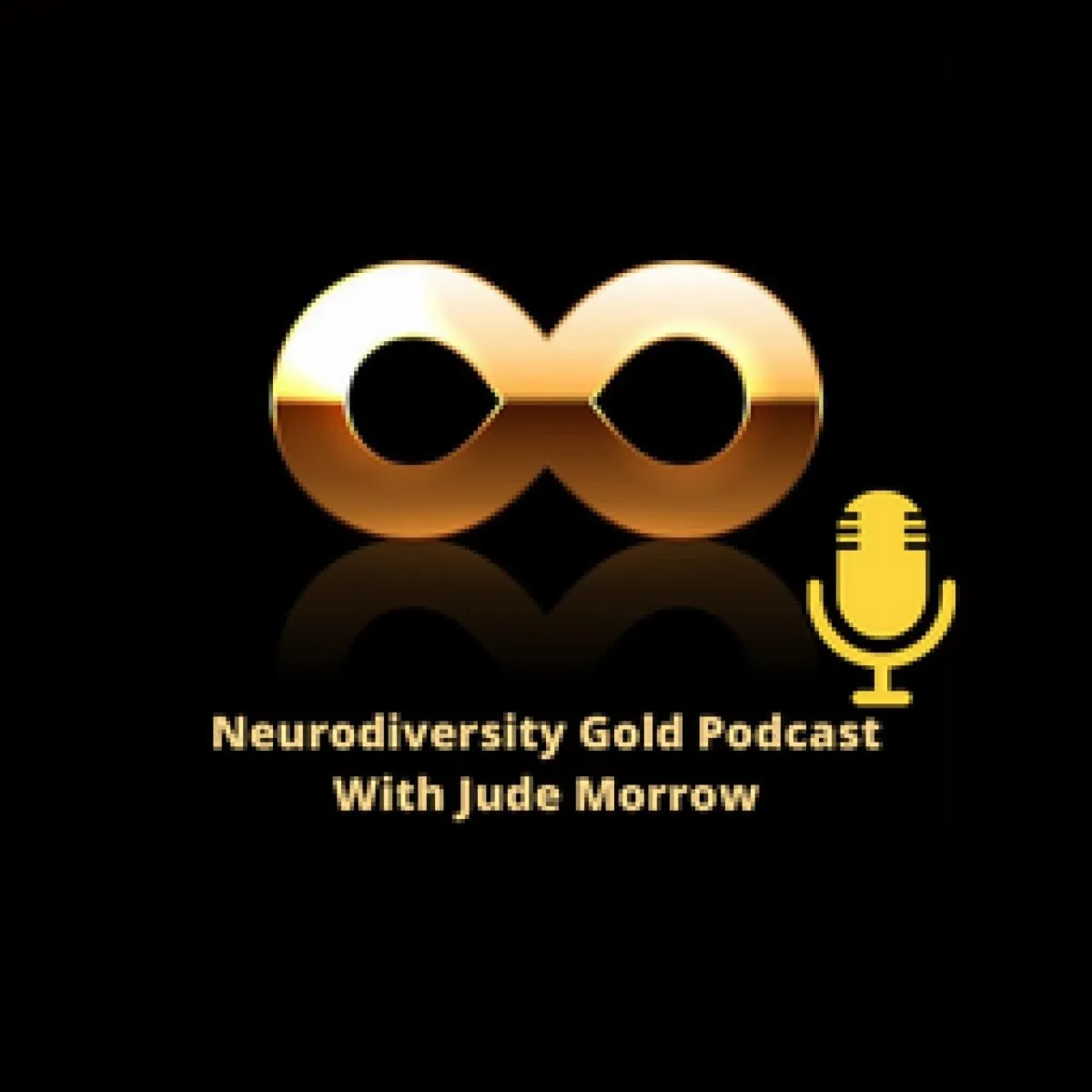
Read more
The blog
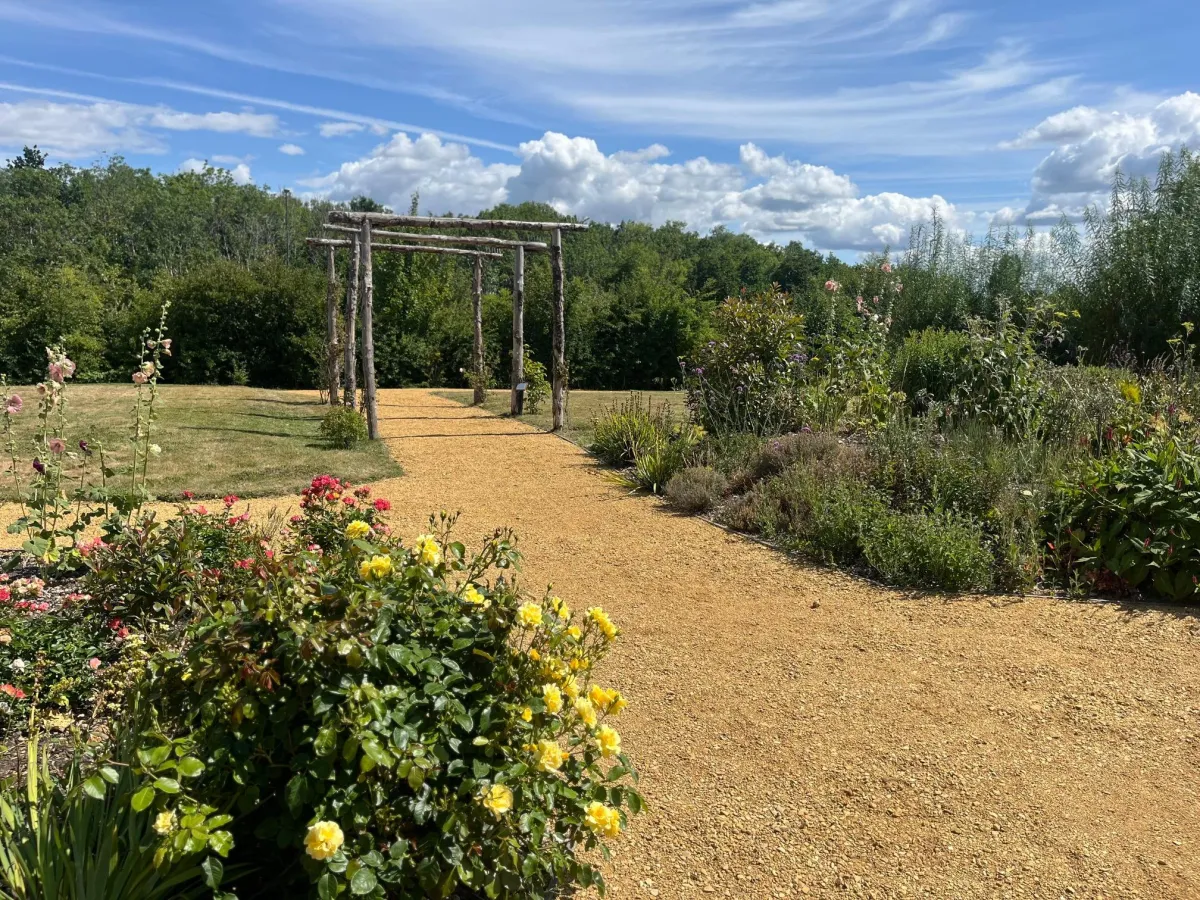
Neurodivergent Burnout: The Hidden Struggle Behind Overwork
We are halfway through 2025, and yesterday it caught up with us. The warm weather, disrupted sleep, the pressure of full days, and changes in the team all added up to a difficult moment. But today is a fresh start. With burnout in mind, we are resetting, taking proper breaks, stepping outside with a cup of tea, walking a lap of the building, and reminding ourselves of the value in planning ahead, preparing well, and occasionally just slowing things down.
Burnout doesn’t look the same for everyone. Breathe HR’s recent research confirms that taking time off isn’t just a nice-to-have, it’s essential: 81% of UK employees report rising burnout when they can’t step away from work (breathehr.com). But for neurodivergent individuals, the challenge runs deeper and recovery can take far longer.
More Than Exhaustion: Complex Layers of Symptoms
Burnout is physical, mental, and emotional fatigue from prolonged stress (medicalnewstoday.com). Neurodivergent burnout, however, brings additional and often profound symptoms:
Sensory overload: lights, sounds, textures become intolerable in ways typical burnout doesn’t address.
Loss of skills: people report losing essential functions, communication, self-care, daily tasks.
Executive dysfunction & inertia: difficulty planning, switching, starting, or completing tasks—affecting autonomy.
Shutdowns & meltdowns: overwhelmed brains may withdraw completely or erupt emotionally.
All these can compound typical burnout symptoms, like exhaustion and irritability making everyday life feel like climbing a mountain, impacting often already disturbed sleeping patterns, limited self-care and poor mental health.
Masking: The Silent Energy Drain
People with autism, ADHD, dyslexia, and other neurodivergences often mask: suppressing their natural behaviours to appear “normal” in neurotypical environments. This constant effort depletes energy daily (psychologytoday.com). Masking accounts for why neurodivergent burnout often starts earlier and can be more persistent.
Institutions vs. Individuals
Burnout is systemic, not individual. The pressures of life and work, mixed with inadequate holiday usage and time to relax and switch off, can drive burnout. Neurodivergent professionals face the same pressures, layered with demands to conform with even busier brains.
Recovery Can Take Months
While neurotypical recovery may only require rest and activities good for the soul, neurodivergent burnout often needs extensive time to rebuild depleted sensory thresholds, executive functions, and emotional resilience. It’s more than time off: it's rebuilding from the roots, which is why it's more important than ever to make sure there is time for self care.
What Employers and Teams Can Do
Promote genuine breaks
Breathe HR data shows only 35% of UK workers take all their holiday, and 57% work while on leave. Make disconnection the norm, not the exception. A supportive organisation will encourage true unplugging, consider setting a no-email policy during leave and no work device usage to avoid those tempted to ‘take a quick look!’.
Create neuro-inclusive cultures
Train teams to understand masking, sensory needs, and executive differences. Workplace adjustments like flexible working, sensory-friendly breakout spaces and working environments, can reduce the need to mask. These are organisational perks, they are necessary for well-being and you will receive a return in productivity.
Early detection & personalised support
Burnout in neurodivergent employees does not always show up as absenteeism. It can involve sudden skill loss, communication difficulties, shutdowns, or increased masking as individuals try to cope with overwhelm. Managers need training to recognise these less visible signs and respond early, not with performance measures but with curiosity and care. A private check-in and a willingness to adapt working conditions can make the difference between long-term disengagement and sustainable support. Personalised responses are essential, because neurodivergent burnout requires a different kind of understanding.
Flexible recovery pathways
Recognise that neurodivergent recovery may require phased, tailored plans, gradual re-entry, sensory breaks, peer support, and professional help. Don’t expect a one-size-fits-all solution.
Encouraging Your Team (and Yourself)
For neurodivergent individuals: Validate your experience. Burnout isn’t weakness, it’s an inevitable cry for structural change. You deserve time, space, and accommodations to rebuild fully.
For allies and managers: Be proactive. Create a culture where taking breaks is a signal of health, not slacking. Advocate for neuro-friendly environments.
If you would like to understand more about the impact of burnout, supporting a neurodivergent colleague or neurodiversity awareness training, please get in touch.

(photo credit, beautiful gardens are The Brightwell Centre where are offices are based)
Some of the Companies Inclusive Change Have Worked With


Inclusive Change Ltd
The Brightwell, Bradbury House
Wheatfield Drive
Bradley Stoke, Bristol
BS329DB
Reg no: 12412464
Copyright 2023 - Inclusive Change Ltd
VAT NO: 352 1564 17
ICO Reg: ZB081779
UK Register of Learning Providers: 10090652
Column Header
Lorem ipsum dolor sit amet consecetuer lorem ipsum
Organically grow the holistic world view of disruptive innovation
At the end of the day, going forward, a new normal that has evolved
Column Header
Lorem ipsum dolor sit amet consecetuer lorem ipsum
Organically grow the holistic world view of disruptive innovation
At the end of the day, going forward, a new normal that has evolved
Column Header
Lorem ipsum dolor sit amet consecetuer lorem ipsum
Organically grow the holistic world view of disruptive innovation
At the end of the day, going forward, a new normal that has evolved






